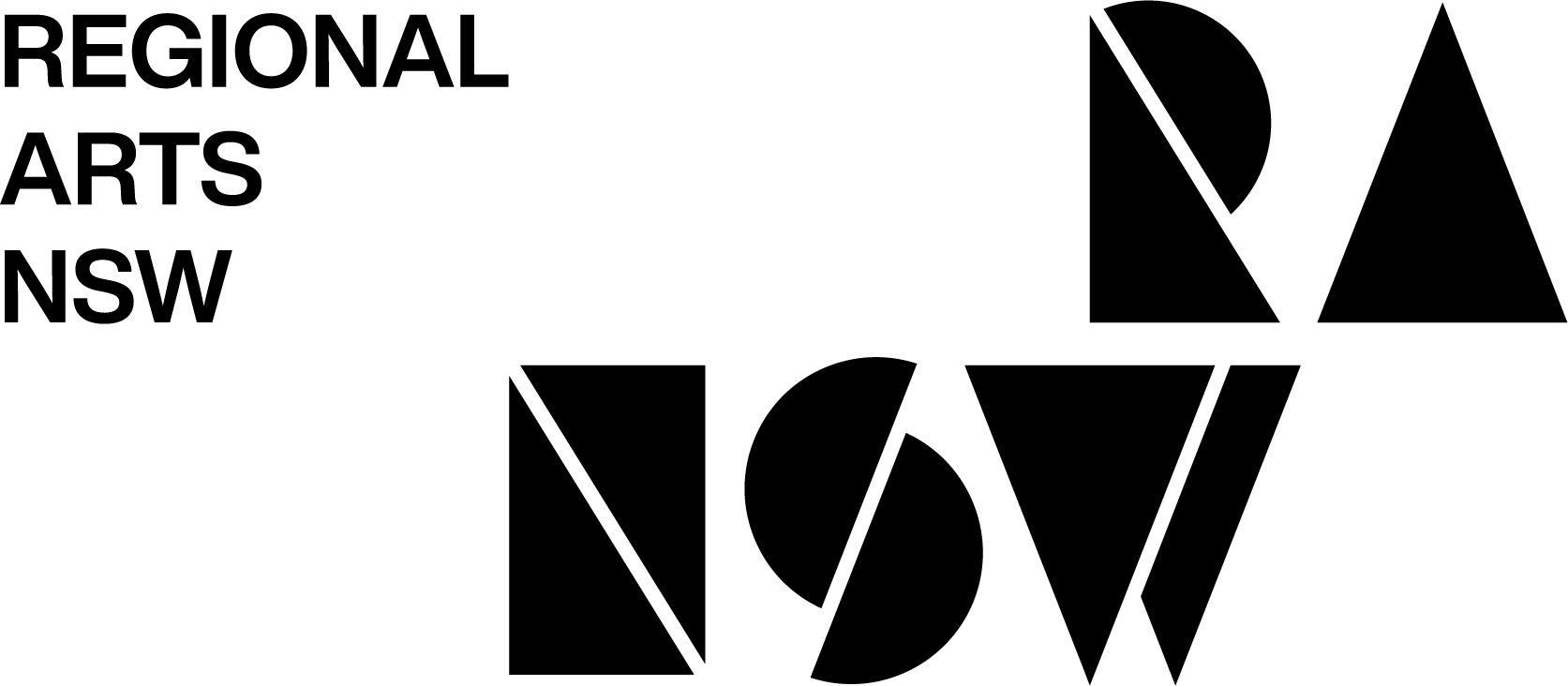The recent referendum seemed a simple prospect: recognition of First Nations people in the constitution and a mechanism to ensure that they could give an opinion on matters that affected them. I had wanted to see the ‘Yes’ vote succeed and do not believe that it would have led to the division that people spoke of. I wanted to see a better opportunity for First Nations people to influence or decide the ways to address issues.
People voted ‘No’ for a range of reasons and while I can understand the position of some First Nations people who wanted more, or who were not prepared to buy into the perpetuation of colonial structures, I found it hard to watch a campaign to the broader population that openly encouraged ignorance and the maintenance of a status quo that is clearly not working. However, regional Australia, including regional New South Wales, gave such a resounding rebuttal of the proposal of The Voice to Parliament and this has consequences for the way in which those of us working across regional areas in arts and culture progress from here.
Despite the low representation of ‘Yes’ voters in regional NSW, it is worth remembering two things. One is that smaller Aboriginal populations, although not unified or unanimous in their views, largely returned a majority ‘Yes’ vote. The other – and this is only supposition on my part based on the conversations I had leading up to the vote – is that our regional arts community was strongly represented within that ‘Yes’ vote. But now we have to review for what the outcome of the vote means for the way we work with all of our communities in regional NSW.
The arts sector has a role to play in moving forward. Firstly we need to support our First Nations artists, to respect them and to listen to them. I believe that we have a part to play in sharing their work, using arts and culture to bring people together so that greater understanding can be fostered. And clearly there is more to be done in the area of educating people. We can focus on ways in which creative approaches engender the development critical thinking, so that we might start to address the way that media and publicity can manipulate opinions. We can help to give space for truth-telling. We need to acknowledge that our First Nations people have a specific and special role in our country as the traditional custodians of the land.
I do believe that all of us in leadership roles have a responsibility to step up, to look closely at ourselves and to contribute to fostering cohesion, healing and learning through arts and culture that might help change things in the future.

